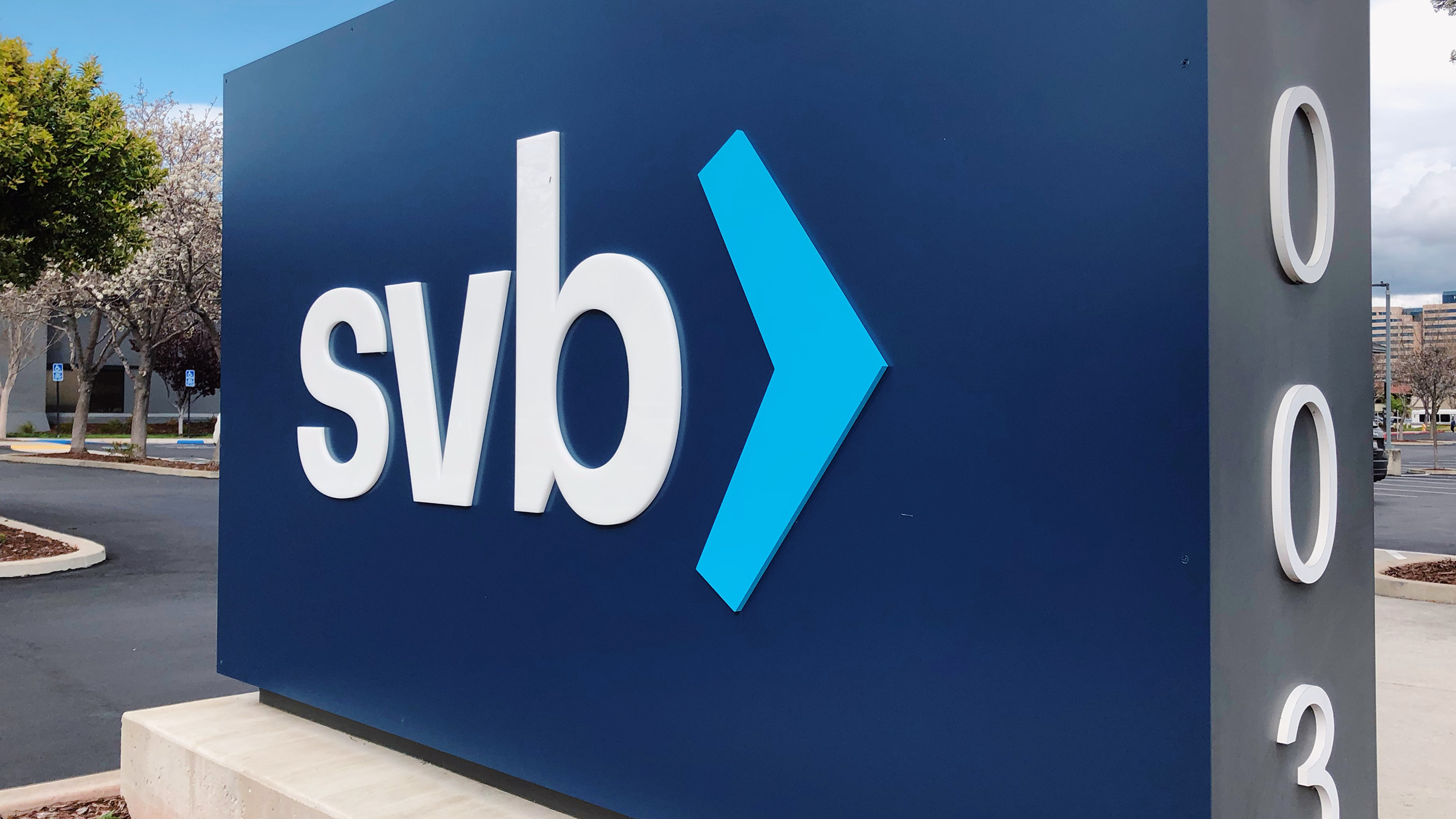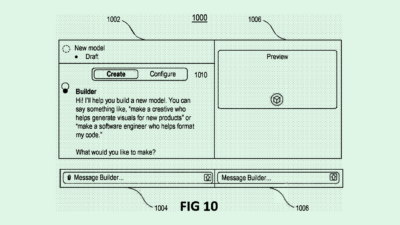Dealmakers Fall Short of Decade-long Standard
For the first time in exactly 10 years, Wall Street dealmakers will fall short of facilitating at least $3 trillion worth of deals.
Sign up for smart news, insights, and analysis on the biggest financial stories of the day.
It’s the art of deals not getting done.
For the first time in exactly 10 years, Wall Street dealmakers will fall short of facilitating at least $3 trillion worth of mergers and acquisitions, according to a recent Bloomberg analysis, completing roughly just $2.7 trillion of transactions instead. Deal flow, in other words, has slowed to a trickle.
Dealer Busts
A constant churn of geopolitical crises ( Ukraine, Israel’s war on Hamas, etc.) has placed markets on uneasy ground. And, unlike the early pandemic years in which dealmaking soared to record highs because of the default mantra that striking deals during a downturn tends to deliver solid results, high-interest rates placed roadblocks on securing oft-needed debt financing.
Despite the completion of one of the biggest acquisitions in tech industry history — Microsoft’s roughly $70 billion purchase of marquee video game maker Activision/Blizzard — dealmakers still came up a day late and some $300 billion short of their usual mark. Still, a late-season flurry of major deals came close to making up for the shortfall:
- Flush with cash from the massive post-pandemic surge in oil demand, energy firms went on a shopping spree in Q4, headlined by Chevron’s $53 billion purchase of Hess and Exxon’s $60 billion purchase of Pioneer Natural Resources. The two deals mark the year’s biggest, since Microsoft technically initiated its Activision acquisition in 2022.
- Like energy firms, many healthcare and biotech giants still own a pandemic-era war chest, and the sector spent the year putting some of that money into M&A. Pfizer acquired cancer-treatment player Seagan for $43 billion this spring; Roche, meanwhile, dropped over $3 billion earlier this month for promising weight-loss drug developer Carmot Therapeutics and spent $7 billion in October for Talavant.
End of an Era? Sadly, the uptick may not last long. Earlier this month, the Department of Justice and the Federal Trade Commission dropped new guidelines for M&A cases, doubling down on existing law to create a far more scrutinous environment. Biotech giant Illumina dropped its attempted acquisition of cancer-treatment maker Grail following an FTC challenge, and Adobe just trashed its planned $20 billion acquisition of upstart competitor Figma, citing regulatory probes. In other words, major mergers may soon become… an acquired taste.












